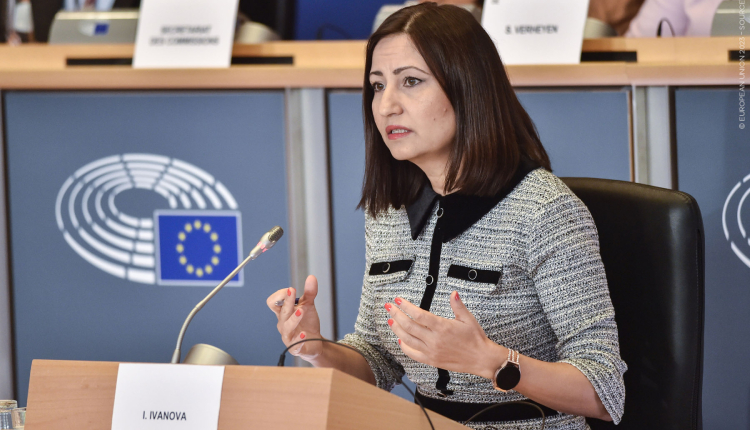Japan and the European Union (EU) are set to collaborate on the development of advanced materials, such as chips and EV batteries, to reduce their reliance on China, as reported by Nikkei on Sunday.
The plan, scheduled to establish a co-operation framework in April, was disclosed by Iliana Ivanova, the European Commission’s commissioner for innovation and research, in an interview with Nikkei.
Both parties aim to expand co-operation as like-minded partners and explore joint opportunities under their research and innovation programmes. They are leaders in advanced materials innovation, with significant investments in the industry in 2020.
The collaboration, tentatively named the Dialogue on Advanced Materials, will involve regular discussions on potential joint projects, focusing on areas like renewable energy, mobility, construction, and electronics.
Specific areas of collaboration include the development of sodium-ion batteries for electric vehicles, which do not rely on rare metals controlled by China.
The EU also seeks to leverage Japan’s expertise in metallic nanoparticles to enhance solar panel efficiency and energy-saving capabilities for smartphones.
The EU plans to allocate research funding to advance materials development and production, with a focus on establishing international standards for cutting-edge materials.
Ivanova emphasised the importance of working together on safety assessments of nanomaterials using digital modelling techniques to ensure safety and environmental management in high-tech applications.


